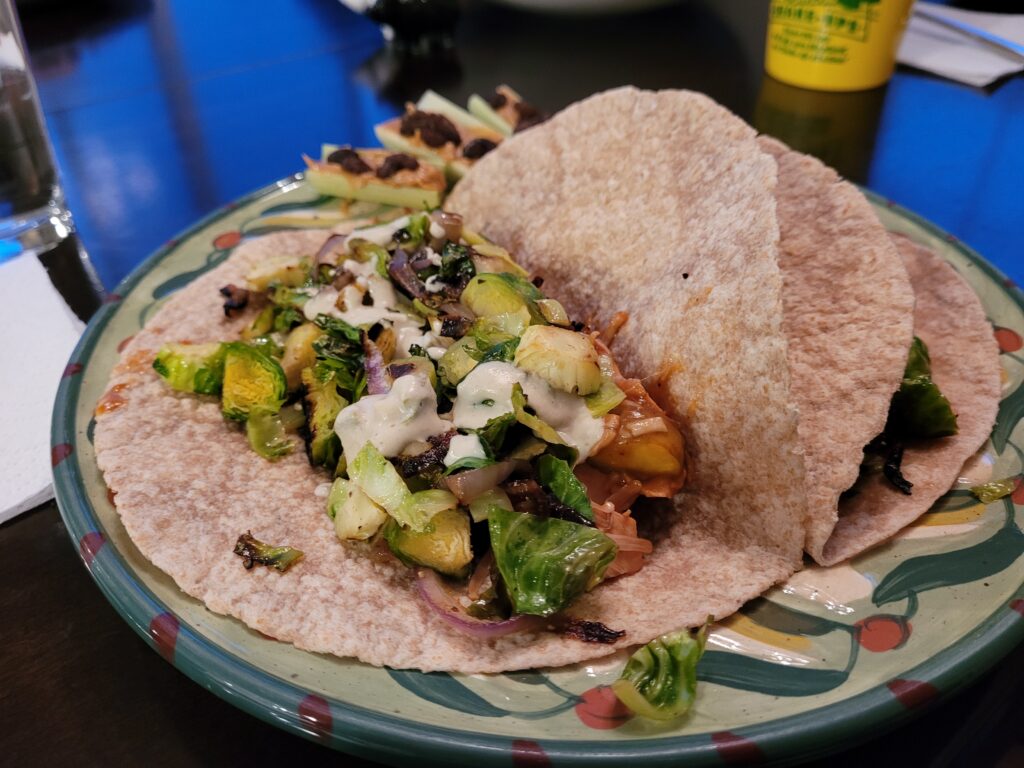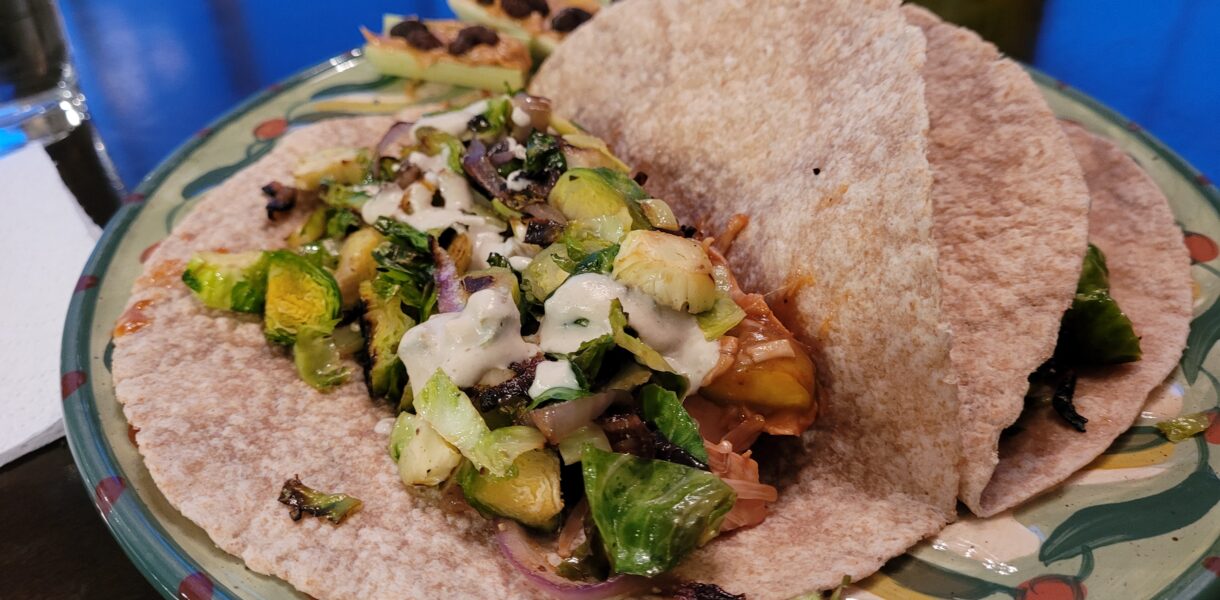Jill is a Sonic coached athlete, plant-based endurance athlete, mom, spouse, personal trainer, nutrition consultant, and business owner/professional.
“So, you don’t eat meat? You mean just red meat, right?” “Oh, you don’t eat any meat?” “None at all?” “So, you’re a vegetarian. You eat eggs for protein.” “You don’t eat eggs?” Insert here the look of total disbelief that I’m actually still standing, very alive, in front of them. Let me back up a bit. My name is Jill. I’m a plant-based, endurance athlete and I engage in the above conversation ALL the time. I’m also a lot of other things like a mom, spouse, personal trainer, nutrition consultant, and business owner/professional but for now, let’s talk about plants and endurance sports. Food is a big part of everyone’s life and if you’re an endurance athlete you know we talk about food almost as much as our training schedule. Afterall, that coffee and smoothie bowl date with some fellow riders is just as important as the ride itself! So naturally when people find out that I’ve eliminated animal products from my diet they have a lot of questions. And although food can be an extremely personal topic, I’m happy to try and answer all the questions thrown my way. Here are the most common ones I get.
I’m considering a plant-based diet… What made you decide not to eat meat?
It was less of a decision to not eat animal products and more of a quest to find my “healthiest self.” I had/have requirements for what health looked like. I didn’t want to feel sluggish. I wanted to have more energy for more of the day. I wanted to recover faster after an intense workout. I wanted to feel my joints less. After trying a lot of things, some food based and some not, and reading a lot on the topic such as Matt Frazier’s, No Meat Athlete: Run on Plants & Discover Your Fittest, Fastest, Happiest Self and Michael Greger’s, How Not to Die, I decided to give a plant-based diet a try. The difference in my energy level and recovery time were so noticeable so fast that I never looked back. But if you are considering a plant-based diet yourself, I would first ask yourself, “What are your goals?” The transition can be bumpy. But if a plant-based diet aligns with your goals, it’ll be that much easier. Which brings me to the next question…
Do you miss meat?
Honestly, no. But cheese… I miss cheese. Fortunately, science has come a long way on this one and there are some really good alternatives. The Most Amazing Tofu Ricotta – Create Mindfully, Kitehill cream cheese and Follow Your Heart shredded mozzarella are staples in my house. There are good meat substitutes out there as well. Shredded jackfruit seasoned BBQ or Mexican style will fool anyone on a “pulled pork” sandwich or in a taco. Quorn crumbles or finely chopped mushrooms in pasta sauce masquerades really well as “meat sauce” on spaghetti night.
But how do you get your protein? Lentils are 18 grams of protein per cup, chickpeas are 12 grams/cup, Tempeh is 41 grams/cup, black beans are 15 grams/cup, nuts, nut butters, seeds – grams varies based on the type of nut and seed, tofu is 22 grams per 8 ounces, plant based + protein milks 8-12g/cup, Quinoa is 9 grams/cup, oats are 10 grams per 1/2 cup and protein powders 20-30grams/serving just to name a few.
How do you ensure you get enough protein?
Consuming enough protein, generally speaking, isn’t any more of a problem for plant-based athletes than for athletes who consume animal products. The key is to have variety in your diet (aka don’t eat oatmeal for every single meal, every day) and do not under consume calories. If your training intensity and volume is up, your calories should be too.
Does plant protein give you the same or enough energy/muscle adaptation for endurance sports?
Short answer, yes! Longer answer – scientifically, the great news for us plant eaters and omnivores is that your body technically does not know the difference between animal and plant protein in your stomach and the amino acids will do their job (muscle repair, creation and energy production) regardless of what source they came from. However, when it’s broken down and transported through the body, in particular to your kidneys, there’s a huge difference in energy response needed. Ultimately, according to Dr. Michael Greger MD FACLM, your body just plain works harder when you eat animal protein. Personally, I have way more energy on a plant-based diet than an omnivore diet before, during and after any workout. In my opinion, I would say yes, protein type matters in the short term and as mentioned above, I choose plant protein because according to Dr. Greger it takes less of my energy to break it down and use it. However, it’s more important because of the other long-term things it promotes that creates the difference in energy over the long haul. Such as the better gut micro-biome that is created on a plant-based diet and the absence of inflammation producing heme iron found in animal products which allows me to recover way faster and have less overall inflammation in my joints, which aligns with my goals. Remember your why.
Can you find vegan or plant-based endurance sport fuel products, or do you have to make your own?
Thank heaven I do not have to make my own because I have no time for that. Here are some of my favorites – Endurance Tap waffles, Endurance Tap gels, Skratch hydration mix, chews, some of their energy bars, recovery mix, Super Fuel, and UCAN almond-cherry bars. My go-to protein powders are Vedge Nutrition, NoMeatAthlete Compliment, and Truvani. Exploring plant-based living can be a challenge. It was for me at first and in some ways, still is. But just like any new adventure, surround yourself with those who have been there and know a bit more than you on the topic. Ask questions, learn what you can and then make it your own. I am always happy to connect and answer any questions beginners may have. You can follow me, my fitness journey and of
course lots of food on Instagram at @jill.glasgow1011.






